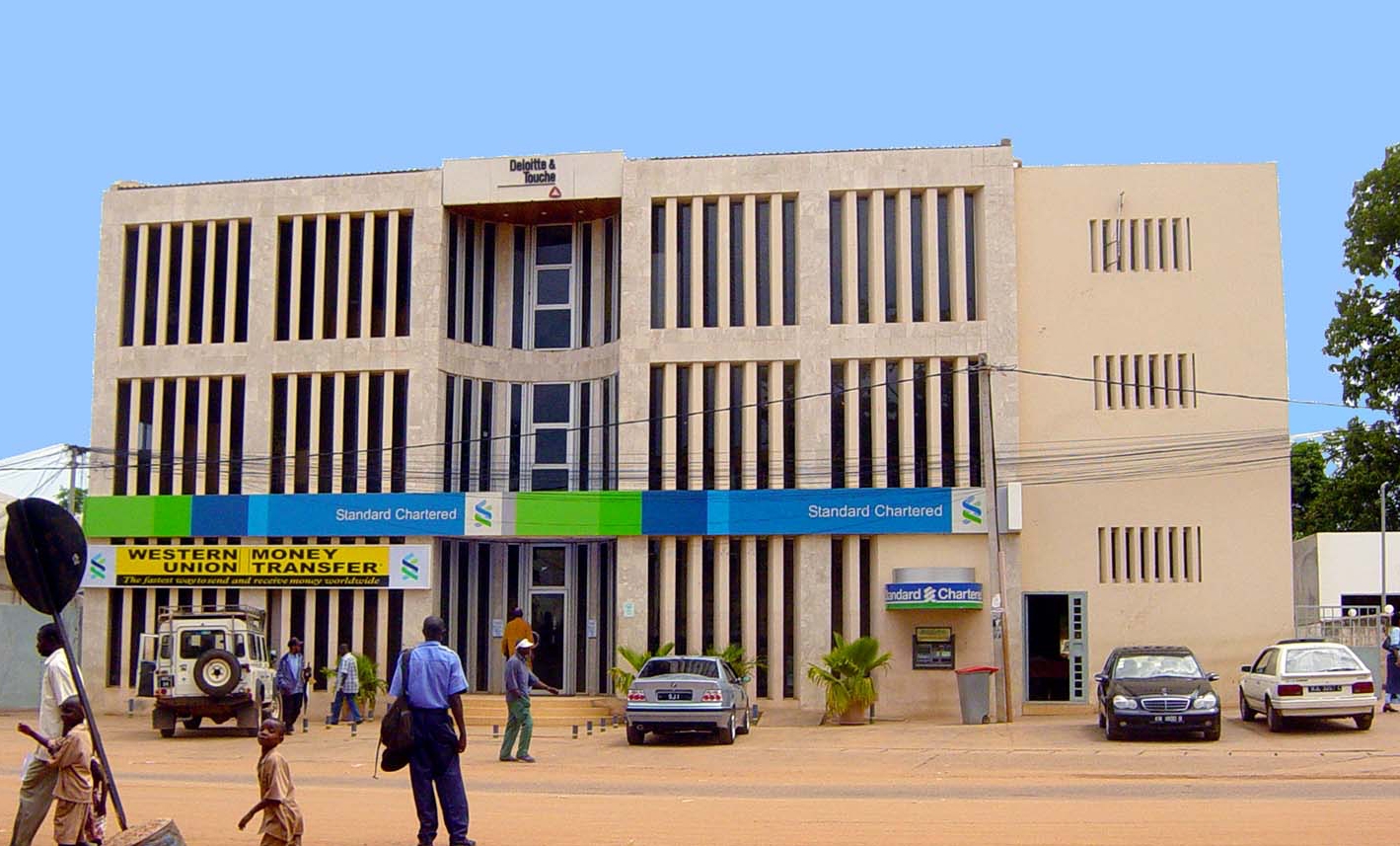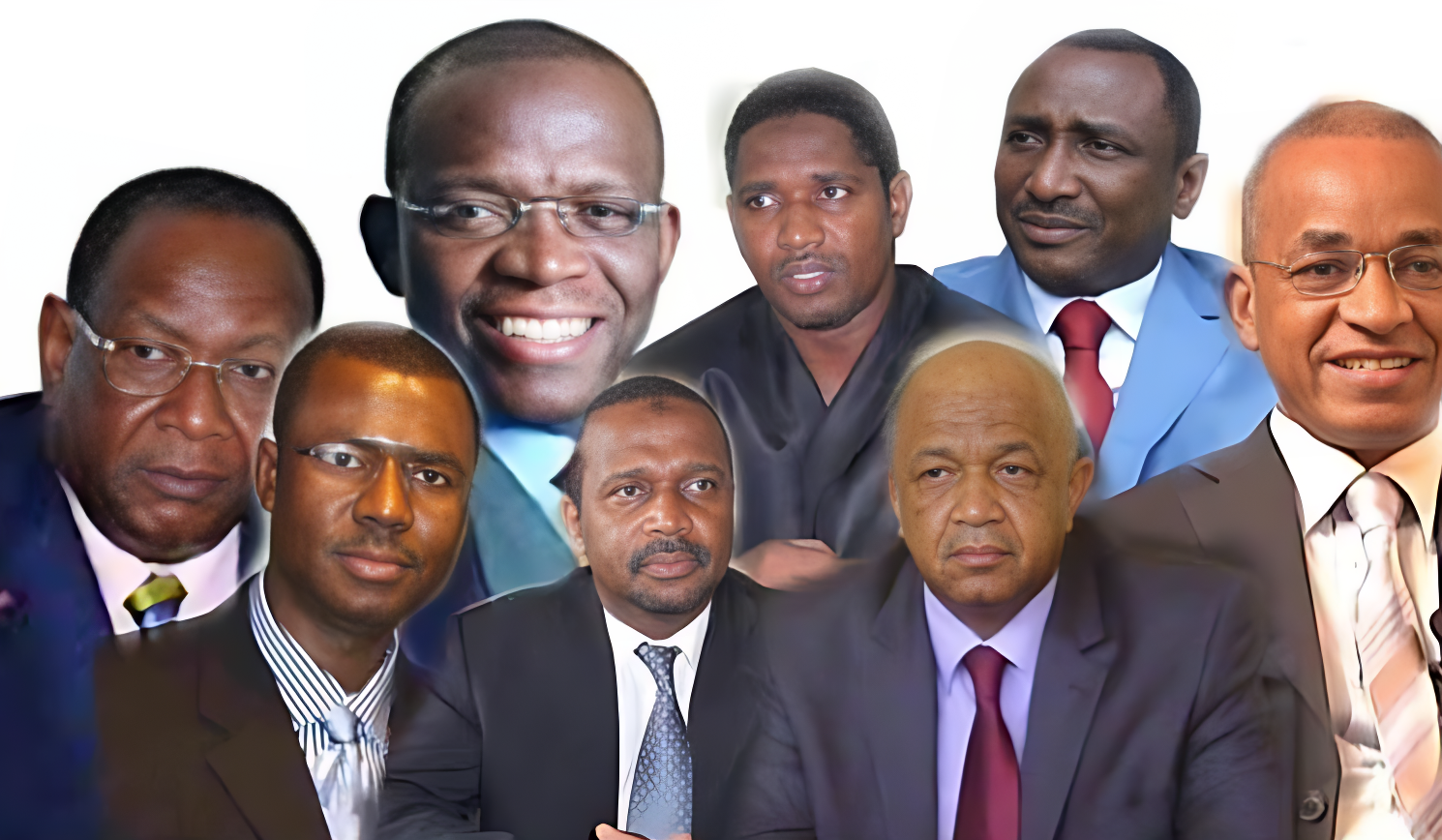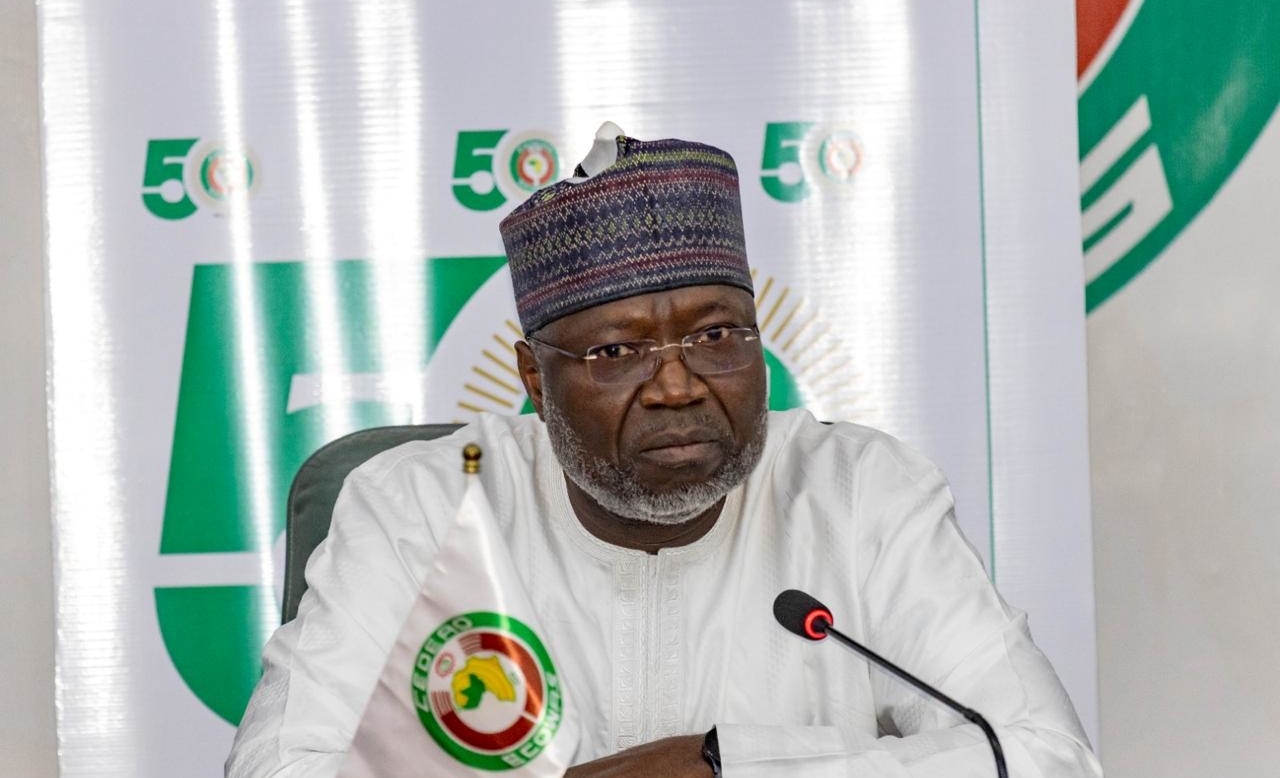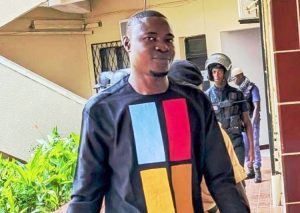Gambiaj.com – (ABUJA, Nigeria) – Long before Nigerian civil society press releases and media headlines recast it as a diplomatic crisis, the clash between ECOWAS Commission President Dr. Omar Alieu Touray and Nigerian Commissioner for Internal Services, Professor Nazifi Abdullahi Darma, had been simmering inside the institution’s corridors.
What is now being framed publicly as “high-handedness” by the Commission President, insiders say, is in fact the culmination of a prolonged breakdown in professional cooperation, one that Dr. Touray ultimately moved to contain by withdrawing the authority he had delegated to Darma.
The Internal Strains Behind a Dramatic Administrative Step
According to high-level ECOWAS officials, the October 30 memo withdrawing Darma’s delegated powers was not a snap political decision but the result of months of escalating tensions.
Staff and senior statutory officials reportedly struggled to work with Darma, whom multiple sources describe as “chronically uncooperative,” “hostile,” and “insubordinate.”
Touray’s memo cites repeated incidents that allegedly undermined donor-funded projects, stalled administrative processes, and contributed to internal friction at a time when the Commission is already under immense pressure due to staffing challenges caused by the withdrawal of Mali, Burkina Faso, and Niger.
In that memo, formal, detailed, and grounded in the Commission’s legal framework, Dr. Touray concluded that continued delegation of authority to Darma had become untenable.
He withdrew oversight of six key directorates: Human Resources, Budget and Treasury, Financial Reporting and Grants, Administration and General Services, ITS, and Conference and Protocol. Those directorates now report directly to the President.
Crucially, Touray did not dismiss Darma. He did not suspend him. He did not touch his salary or benefits. He withdrew only what had been delegated, something he is expressly empowered to do under ECOWAS rules.
How an Internal Governance Dispute Became a Nigeria–Gambia “Crisis”
Once the memo became public, however, the narrative changed dramatically.
The Make A Difference Initiative (MADI), a Nigerian civil society organization, released a statement accusing Dr. Touray of “high-handedness” and “dangerous violation” of the ECOWAS Treaty. The group framed the dispute as an affront to Nigeria and a threat to diplomatic relations between Abuja and Banjul.
Yet senior ECOWAS officials insist this framing is not only incorrect, it is deliberate.
“What the CSO is not telling the public is that nobody dismissed Professor Darma,” one diplomat said. “He remains Commissioner. The President simply withdrew delegated authority after months of friction. This has nothing to do with Nigeria versus The Gambia.”
Another official added that Darma himself has been “actively using the media to politicize a personal administrative issue,” creating the impression that he is the victim of an international grievance rather than an internal disciplinary matter.
A Lawsuit and a Misleading Target
Darma’s move to approach the ECOWAS Court of Justice likewise became ammunition in the narrative architecture of victimhood. Reports circulated that he had “sued Dr. Touray,” as though the ECOWAS President was being dragged to court personally.
But legally, this is inaccurate.
“He sued the President of the Commission, not Dr. Touray as a private individual,” a senior source explained. “This is a routine institutional challenge, not a personal case. But the way it has been packaged in Nigerian media makes it appear like a personal duel.”
Allegations Against Touray Are Not New, But the Context Is Critical
MADI’s recent statement rests on claims that have circulated in pockets of ECOWAS bureaucracy for years, some of them tied to the tensions created whenever an ECOWAS President enforces stricter governance or reshuffles internal power.
But in this case, insiders stress that the allegations omit the essential context: Professor Darma’s own conduct.
Sources say he has been at the center of repeated disputes involving the Auditor General, staff of the Internal Services Department, and even the Vice President of the Commission. All describe a pattern of behavior that disrupted operations, delayed processes, and eroded workplace cohesion.
“The case he is trying to build is weak,” one ECOWAS official said. “He is attempting to turn an internal administrative correction into a regional political confrontation.”
Touray’s Line in the Sand, and What Comes Next
For Dr. Touray, the move appears to have been a boundary-setting measure designed to protect institutional stability at a time when ECOWAS is struggling with existential geopolitical challenges. With three member states effectively out of the bloc and major reforms underway, the Commission cannot afford internal paralysis triggered by a senior official’s refusal to cooperate.
The matter is now before the ECOWAS Court of Justice. Its ruling will determine not only whether Touray’s withdrawal of delegated authority aligns with the bloc’s legal architecture, but also how much leverage future ECOWAS presidents will have in enforcing internal discipline without triggering political storms manufactured outside the institution.
What is clear from insiders is that the dispute did not begin as a diplomatic fight and does not need to become one.
“This is not Nigeria versus The Gambia,” a top official insisted. “This is a commissioner who refused to cooperate with leadership and a President who finally acted.”
For ECOWAS, the real question may be whether the courts can cut through the political noise and address the administrative reality.
The issue now rests with the judiciary, but the larger test is one of institutional integrity.










